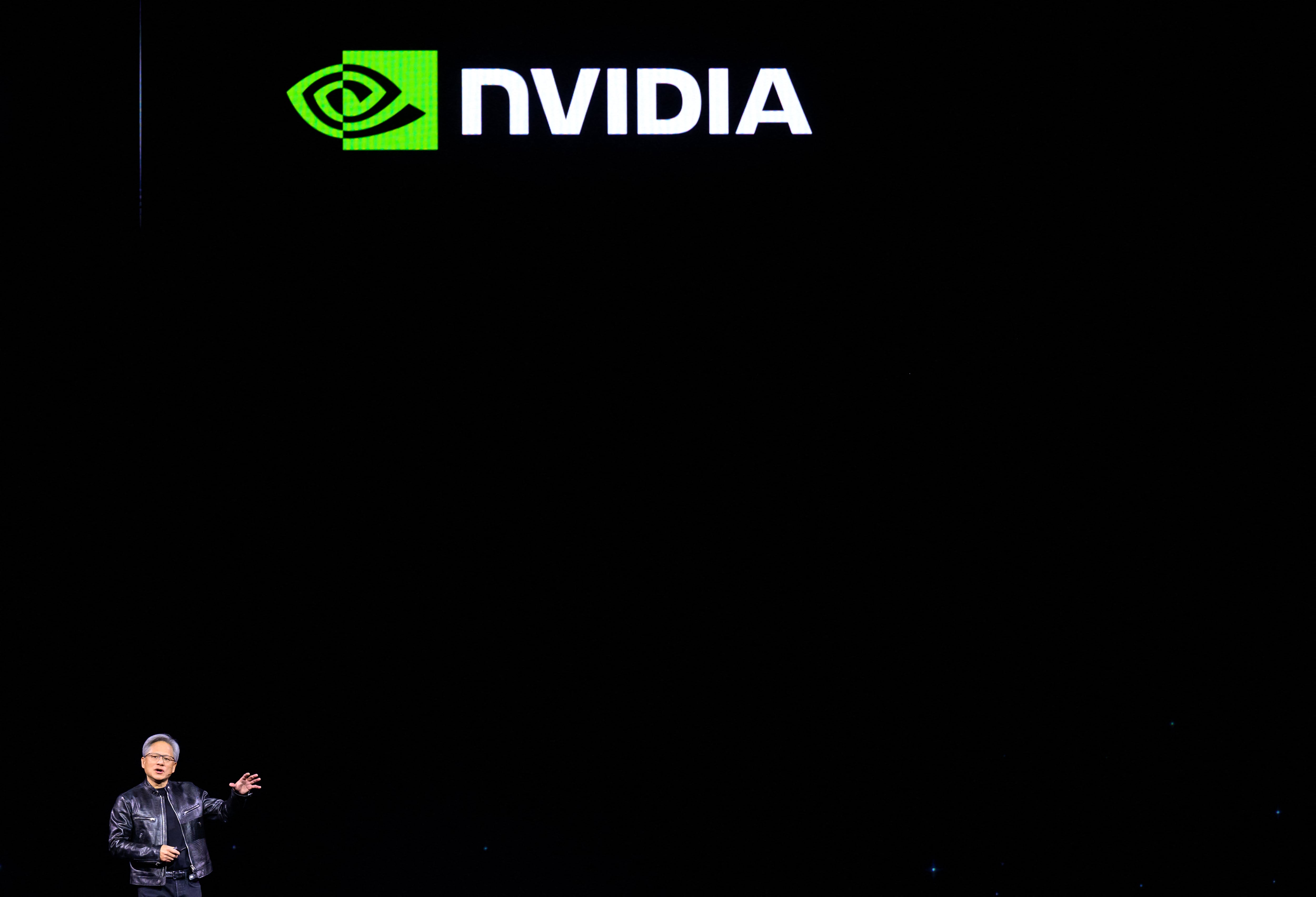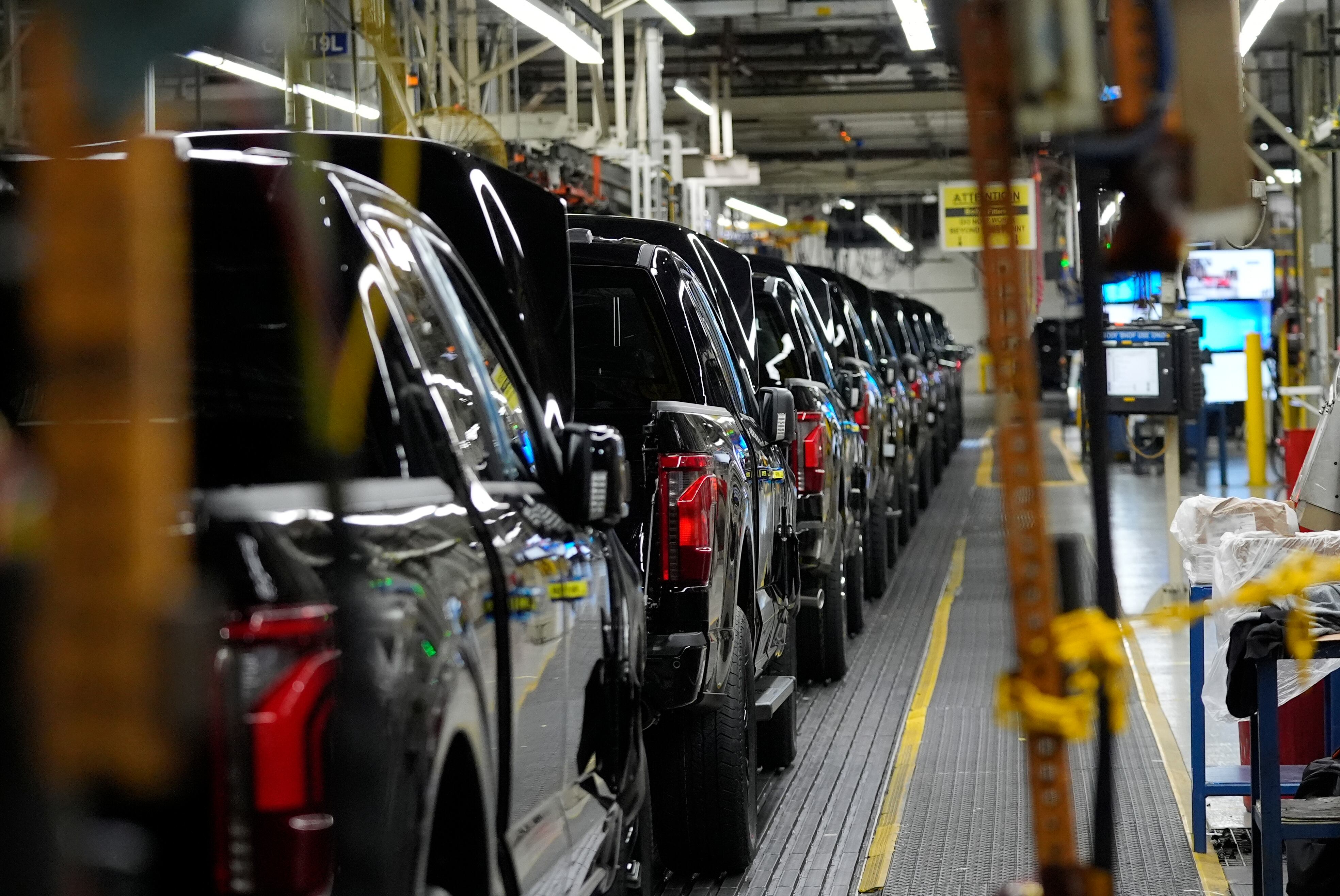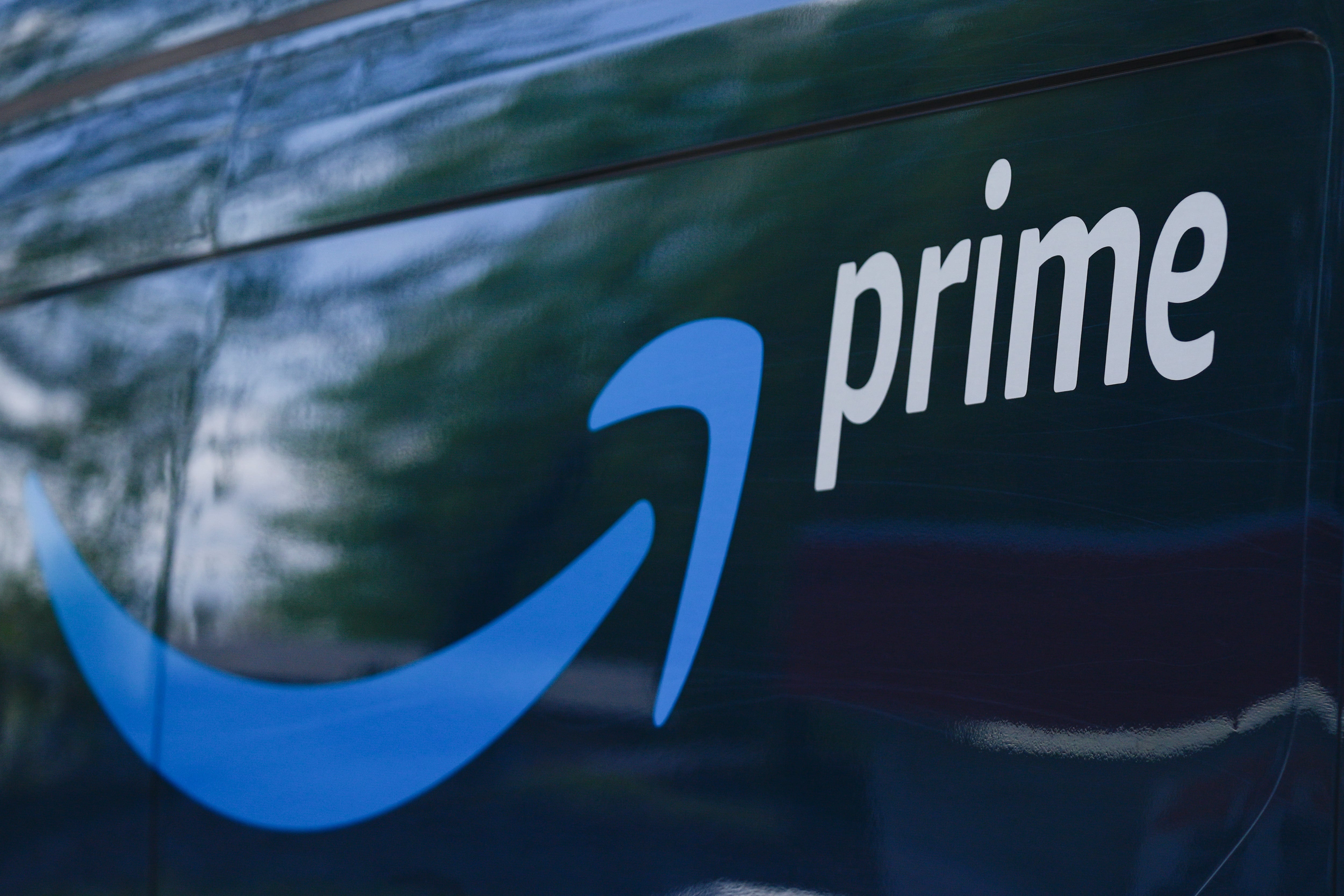Snap Inc. plans to launch a second version of its Spectacles glasses this year followed by a more ambitious third version equipped with two cameras in 2019, Cheddar has learned. The second version of Spectacles is currently being manufactured with the goal of shipping by this fall, according to people familiar with the matter. Aside from being water resistant and available in new colors, the updated camera eyewear will focus on performance improvements and bug fixes rather than dramatic changes, said the people, who requested not to be named discussing confidential information. Word of a new version of Spectacles comes only months after Snap announced that it had lost $40 million on its much-touted original product, selling only 150,000 pairs and leaving hundreds of thousands of glasses unsold. But Snap won’t stop with version two of Spectacles. The company has also begun work on a more ambitious, third generation of Spectacles with a new design and two cameras, the people said. Snap has prototyped an aluminum design with more circular lens frames and two cameras that would allow for 3D-like depth effects in videos. Snap has additionally considered including a built-in GPS and a leather case, as well as a potential price tag of around $300, which would be more than double the current $130 cost for Spectacles. Snap’s planned rollout of future Spectacles has already missed internal deadlines. The Snapchat-maker’s secretive hardware division, known internally as Snap Lab, has suffered multiple setbacks since Spectacles were launched to much fanfare in the fall of 2016. Advanced talks to acquire Chinese drone startup Zero Zero fell through during the summer of 2017. Shortly after, the division was hit with layoffs and a leadership shakeup. The newly-promoted VP of Hardware, Mark Randall, previously led Snap’s operations team, which was responsible for ordering the excess Spectacles inventory that sat unsold in warehouses last year. A Snap spokesperson declined to comment for this story. Despite the setbacks, Snap has pushed forward with its plan to put cameras into an array of physical products. A few months after Spectacles were announced in September 2016, Snap quietly bought the Boulder, Colorado-based company FiveFocal, people familiar with the matter told Cheddar. The previously unreported acquisition gave Snap roughly a dozen experts in building software that can prototype the designs of advanced camera technology in different form factors. Snap said in its most recent filing with the SEC that it spent $47 million on unnamed acquisitions in 2016. Besides selling its own Spectacles, Snap has in recents months considered partnering with outside companies to place its cameras onto their glasses. Snap has discussed the idea with the eyewear giant Luxottica and its smaller rival Warby Parker, people familiar with the matter said. Luxottica declined to comment and Warby Parker didn’t respond to a request for comment. Snap CEO Evan Spiegel has said publicly that selling hardware will be an important part of his business in roughly a decade. People familiar with his thinking said that he sees augmented reality, or the overlaying of virtual objects onto the physical world, as the next paradigm shift in personal computing. Snap intends for future versions of Spectacles to incorporate AR capabilities, like integration with Snapchat’s virtual Bitmoji avatars and animated lenses. Nearly every major tech company, from Apple to Facebook, is working on similar AR eyewear. For now, Spectacles can only record video clips and send them to the Snapchat app. While the planned third generation of the glasses will allow for more immersive, 3D-like video by adding a second camera to the frame, technological hurdles will likely keep Snap from adding true AR capabilities for the next couple years. A Snapchat patent filed in 2015 details how the company could use eyewear with two cameras to learn the user’s position and show virtual objects onto the real world. The initial surprise release of Spectacles in the fall of 2016 accompanied Spiegel repositioning Snap as a “camera company.” While early interest in the product garnered long lines at surprise vending machine pop-ups across the U.S., it’s unclear how future versions will be received by the public. Internal Snap data showed that most Spectacles users quickly stopped using the device regularly after a few weeks. For the second version of Spectacles, Snap has focused mainly on fixing performance bugs, like a glitch that sometimes kept recorded videos from syncing with the Snapchat app. Snap’s current plan is to ship its second version of Spectacles by the third quarter of 2018, but the release could be pushed back again. People familiar with the planned timeline said it’s likely that the third-generation glasses with two cameras won’t ship until 2019 even though Snap had initially hoped to ship the product this year. *Reporting by Alex Heath.*












